
Born
April 10th, 1894
Passed Away
June 11th, 1983
Popularly Known as
G.D. Birla
Occupation
Business Man
Spouse
Durga Birla
Religion
Hindu
Native
Pilani
Country
India
પિતા જ ધર્મ છે, પિતા જ સ્વર્ગ છે, પિતા જ પરમ તપ છે, પિતૃભક્તિ સર્વે ભક્તિમાં શ્રેષ્ઠ છે. પિતૃભક્તિ સર્વે દેવતાઓને પણ પ્રિય છે. શાસ્ત્ર માં કહેવાયેલા આ વાક્યો નો અર્થ અમારા જીવનનો મર્મ છે. સ્વર્ગની પ્રાપ્તિ ધર્મથી થાય છે, તપથી થાય છે. પરંતુ અમારા માટે અમારી પિતૃભક્તિ જ સર્વે ભક્તિમાં શ્રેષ્ઠ છે.
Shradhanjali By
Shradhanjali .com
Biography of Mr. Ghanshyam Das Baldeodas Birla
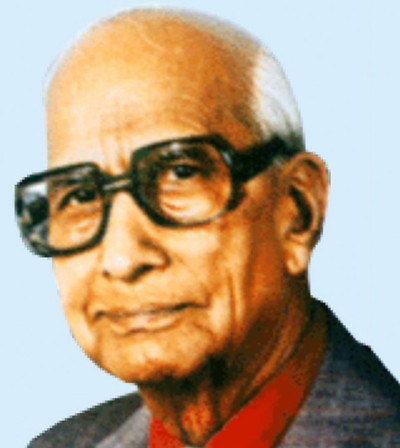
Ghanshyam Das "G.D." Birla (April 10, 1894 – June 11, 1983) was an Indian businessman and member of the influential Birla Family.
Birla's grandfather Shiv Narayana Birla wanted to diversify from the traditional marwari business of lending money against pawned items. He left Pilani, his hometown in Rajasthan with a modest capital to Bombay to establish a business in cotton dealership. The venture was successful and he came back to Pilani to build a huge mansion (or Haveli), which still stands by the name Birla Haveli. GD birla's father Baldeodas birla was adopted from the Navalgarh birla family. Baldeodas's fortune was made along with the his newphew(sisters son) Fulchand Sodhani of Lachmangargh, in a very successful speculation in opium trade running into more than 10 million rupees during those days.
Birla inherited the family business and moved to further diversify them into other areas. Of these, at least three contemporary family business groups existing in India today can trace their ancestry to Ghanshyam. Of these businesses, he wanted to turn the pawned items business into manufacturing. So he left for Calcutta in Bengal, the world's largest jute producing region. There he established a jute firm, much to the consternation of established European merchants, whom the biased policies of the British government favoured other than the local Bengali merchants. He had to scale a number of obstacles as the British and Scottish merchants tried to shut his business by unethical and monopolistic methods, but he was able to persevere. When World War I resulted in supply problems throughout the British Empire, Birla's business sky-rocketed.
Birla was a close associate of Mahatma Gandhi, whom he met for the first time in 1916, and Gandhi was at Birla's home in New Delhi when he was assassinated in 1948, having lived there for the last four months of his life.
With an investment of Rs.50 lakhs in 1919, the Birla Brothers Limited was formed. A mill was set up in Gwalior in the same year.
In 1926, he was elected to the Central Legislative Assembly of British India.
In 1930s, G.D. Birla set up Sugar and Paper mills.
In 1940s, he ventured into the territory of cars and established Hindustan Motors. After independence, Ghanshyam Das Birla invested in tea and textiles through a series of acquisitions of erstwhile European companies. He also expanded and diversified into cement, chemicals, rayon and steel tubes. Ghanshyam Das Birla during the Quit India movement of 1942, had conceived the idea of organizing a commercial bank with Indian capital and management, and the United Commercial Bank Limited was incorporated to give shape to that idea. Uco Bank, formerly United Commercial Bank, established in 1943 in Kolkata, is one of the oldest and major commercial bank of India.
Envisioning infrastructural development in his hometown, Birla founded the Birla Engineering College in Pilani among other educational institutions. The college has evolved over the years to develop into one of India's best engineering schools, BITS Pilani. Today, Pilani also houses a wing of Central Electronics Engineering Research Institute (CEERI), a famous residential, public school christened after Birla's family and a number of polytechnic colleges. The town of Pilani and the local population enjoy a highly symbiotic relationship with these institutions, thereby stepping towards realizing G.D.'s dream. Moreover, G.D.Birla Memorial School, Ranikhet, a premier residential school has also been eshtablished in his honor by Syt. B.K. Birla and is today one of the best residential schools in the nation.
In 1957, he was awarded India's second highest civilian honour, the Padma Vibhushan by the Government of India.
There is a memorial to Ghanshyam Birla in Golders Green Crematorium, Hoop Lane, London. It comprises a large statue overlooking the gardens with an inscription.
Ghanshyam Das Birla, a doyen of Indian industry was the man who laid the foundations of the Birla Empire and the Federation of Indian Chambers of Commerce and Industry (FICCI). He is also popularly known as the builder of Birla Mandirs.
This Indian businessman was born on 10th April 1894. His grandfather Shiv Narayana Birla from the traditional marwari business of lending money against pawned item diversified his business. To establish business in cotton dealership he moved to Mumbai with a modest capital and left the hometown Pilani in Rajasthan. There was no looking back after that as the venture was successful. He came back to Pilani to build a huge mansion by the name `Birla Haveli`. Ghanshyam Das Birla died in 1983 at the age of 90.
Ghanshyam Das Birla entered the business arena during the time of First World War and moved further to diversify them into other areas. He established a cotton mill in Sabzi Mandi, and later established Keshoram Cotton Mills. He wanted to turn the pawned items business into manufacturing business. Along with cotton mills he diversified to jute business and shifted his base to Calcutta city in Bengal, which was the world's largest jute producing region. He established Birla Jute Mills in Bengal, much to the consternation of established European merchants. This noted businessman had to cover a number of obstacles as the British and Scottish merchants with unethical and monopolistic methods tried to close his business. Birla's business reached its pick when supply problem arises throughout the British Empire due to World War I.
A close associate of Mahatma Gandhi, G.D Birla was the most important pre-Independence contributor to the Indian National Congress. He also advised Gandhiji on economic policies. After independence, the Birlas expanded their business and started production in many fields. Near Mirzapur, he, in collaboration with Caesar, an American friend, set up an Aluminum Plant `Hindalco`. Ghanshyam Das Birla also founded several educational institutions. Birla Institute of Technology and Sciences (BITS) Pilani has today evolved into one of India's best engineering schools. He also established many temples, planetariums, and hospitals.
In 1957, he was awarded India's second highest civilian honour, the "Padma Vibhushan" by the Government of India. G.D. Birla award for scientific Research has been established to encourage scientists for their contribution in the various fields of scientific Research in his honor. The Birla family is one of the foremost business houses in India. During the decades of 70's and 80's, Birla brothers were among the topmost Industrial Houses of India. Their businesses vary from petrochemicals and textiles to automobiles and Infocomm.
Family Tree of Mr. Ghanshyam Das Baldeodas Birla


Baldeodas Birla

Durga Devi Birla

Maheshwari Devi Birla

Laxmi Nivas Birla

Surershan Kumar Birla

Siddharth Ghanshyam Birla

Krishna Kumar Birla

Basant Kumar Birla

Jugalkishor Baldeodas Birla

Rameshwar Das Birla

Brajmohan Baldeodas Birla
Videos of Mr. Ghanshyam Das Baldeodas Birla
No videos



 Profile Home
Profile Home Biography
Biography Family
Tree
Family
Tree Photo
Album
Photo
Album Video
Video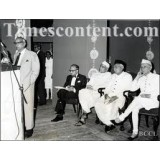
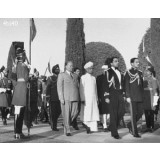
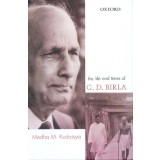
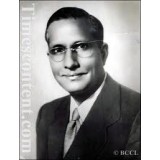
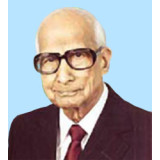
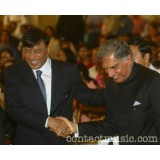
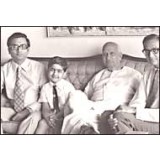
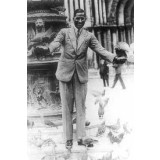
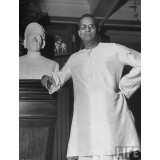
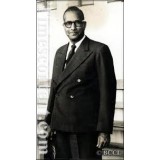
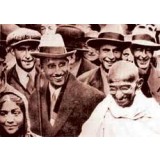
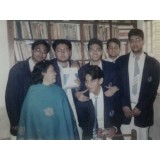
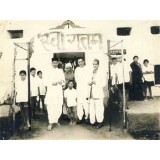
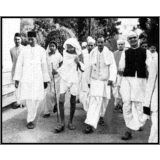
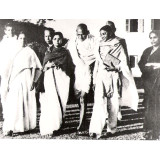
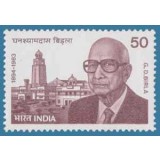
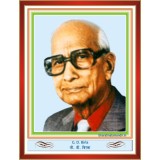
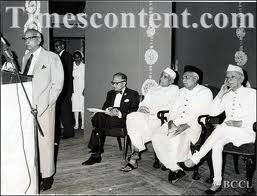



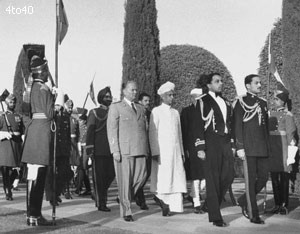
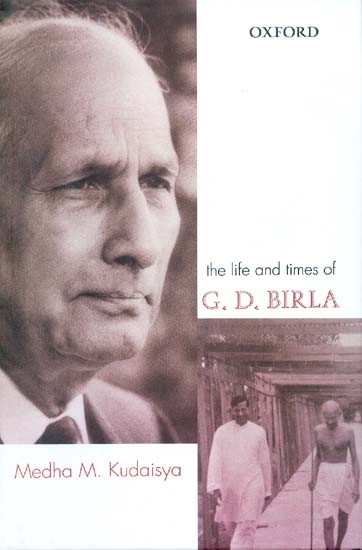
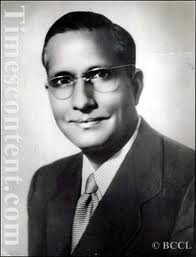
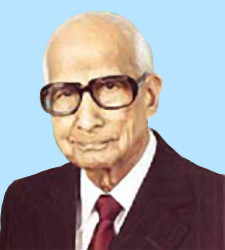
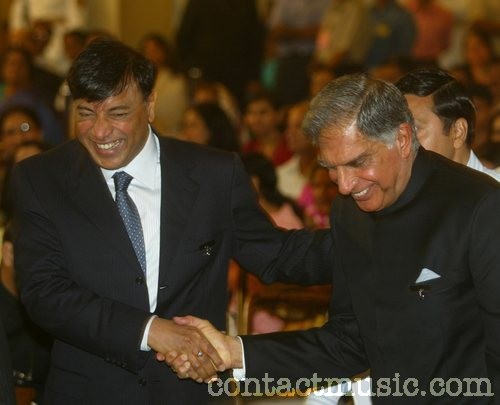
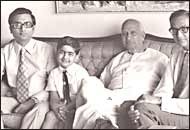
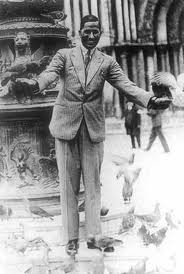
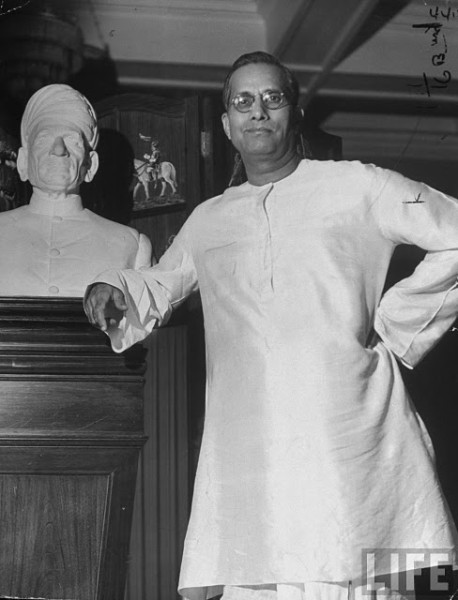
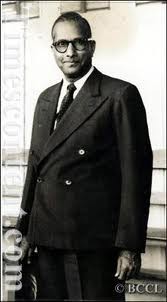
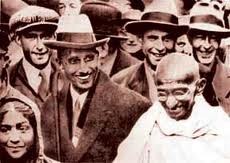
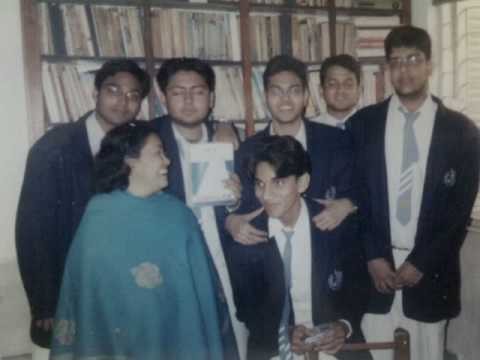
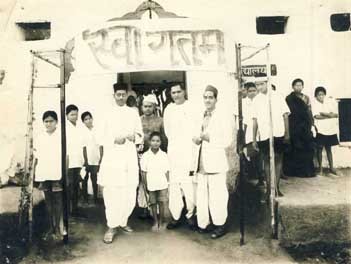
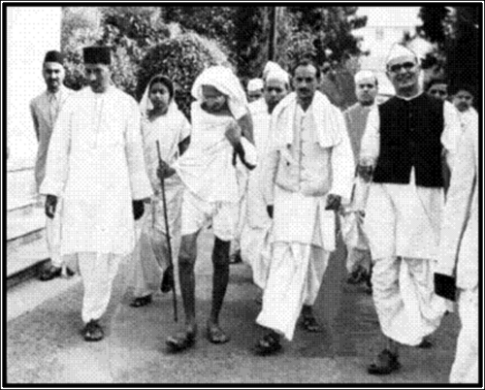
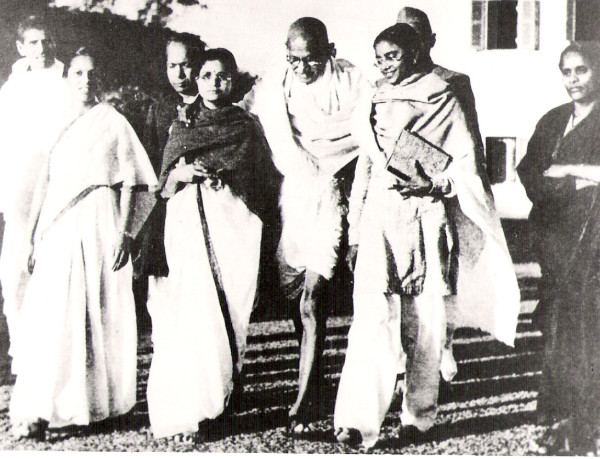
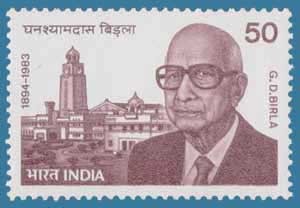
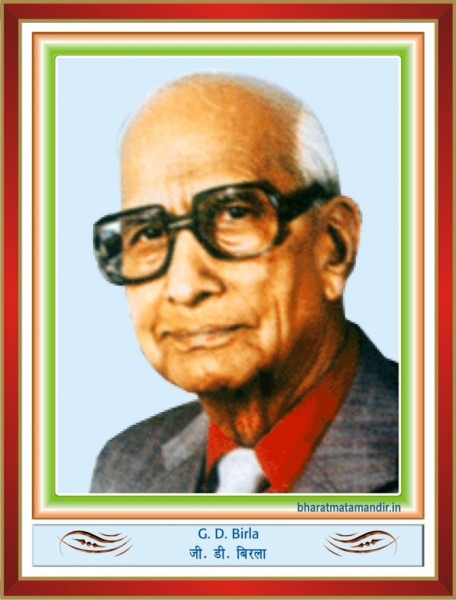
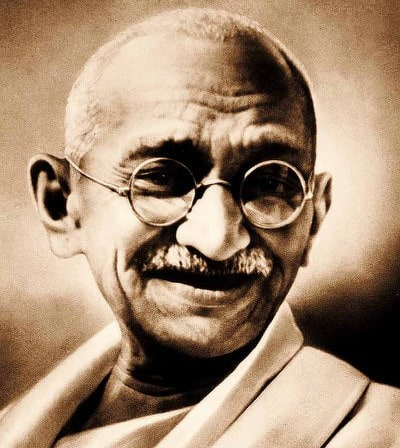
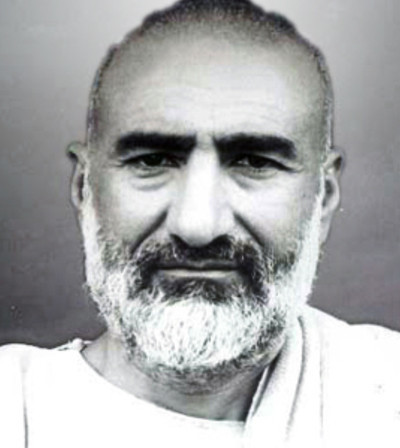
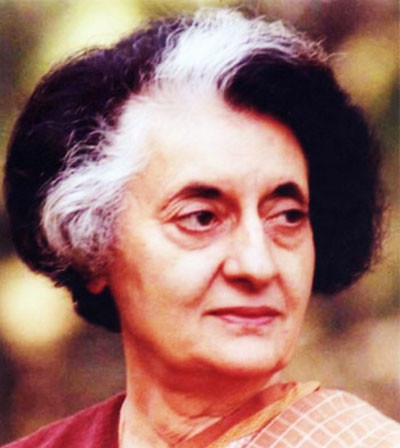
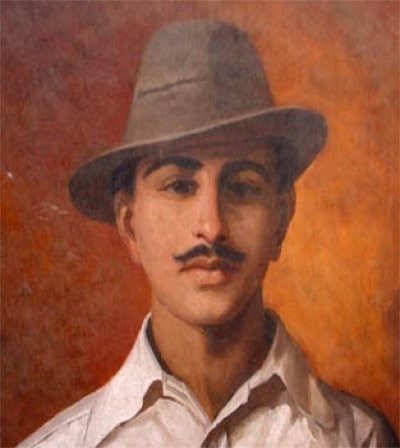
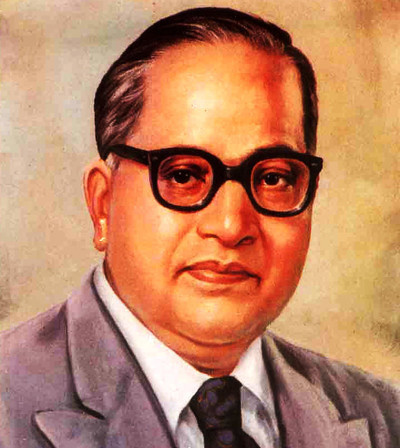
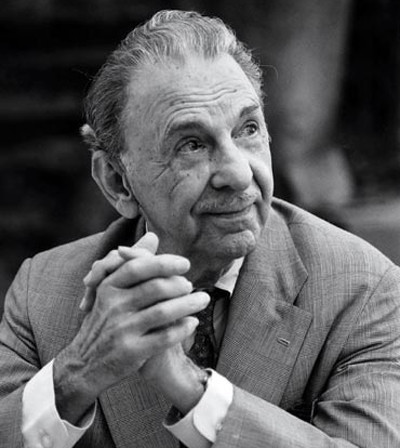

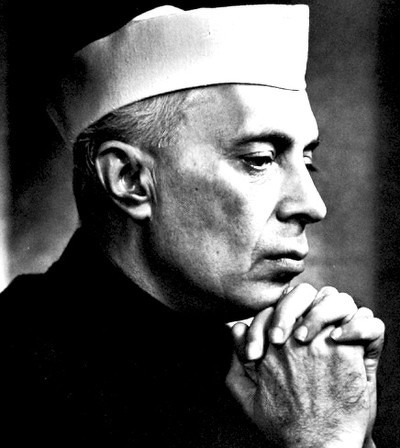
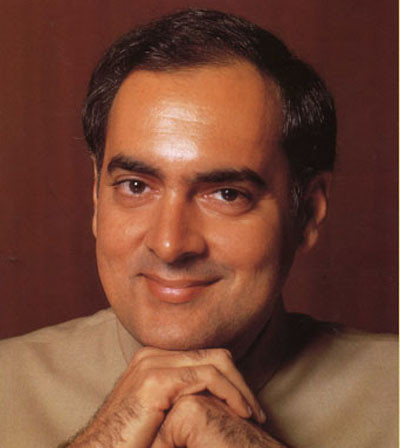
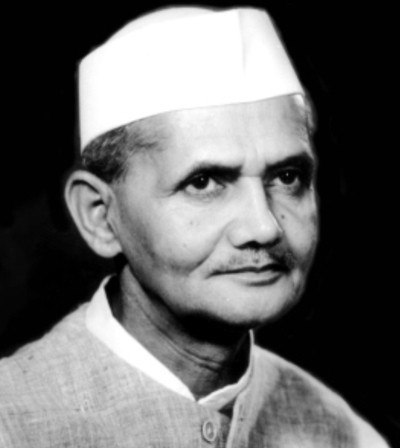

Post Condolences